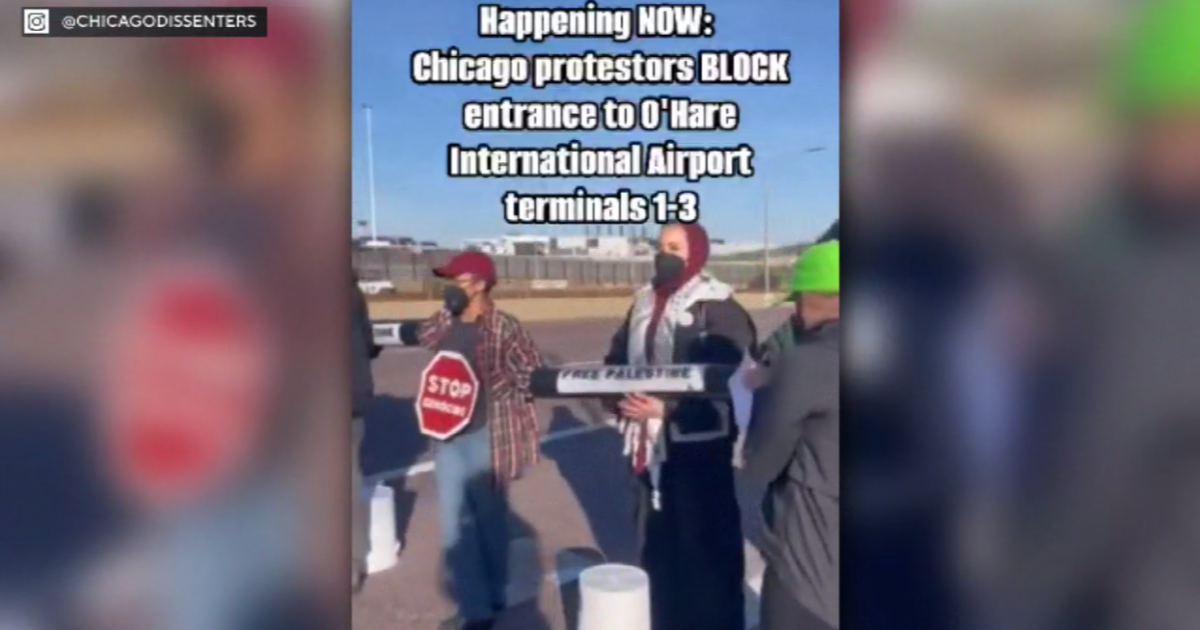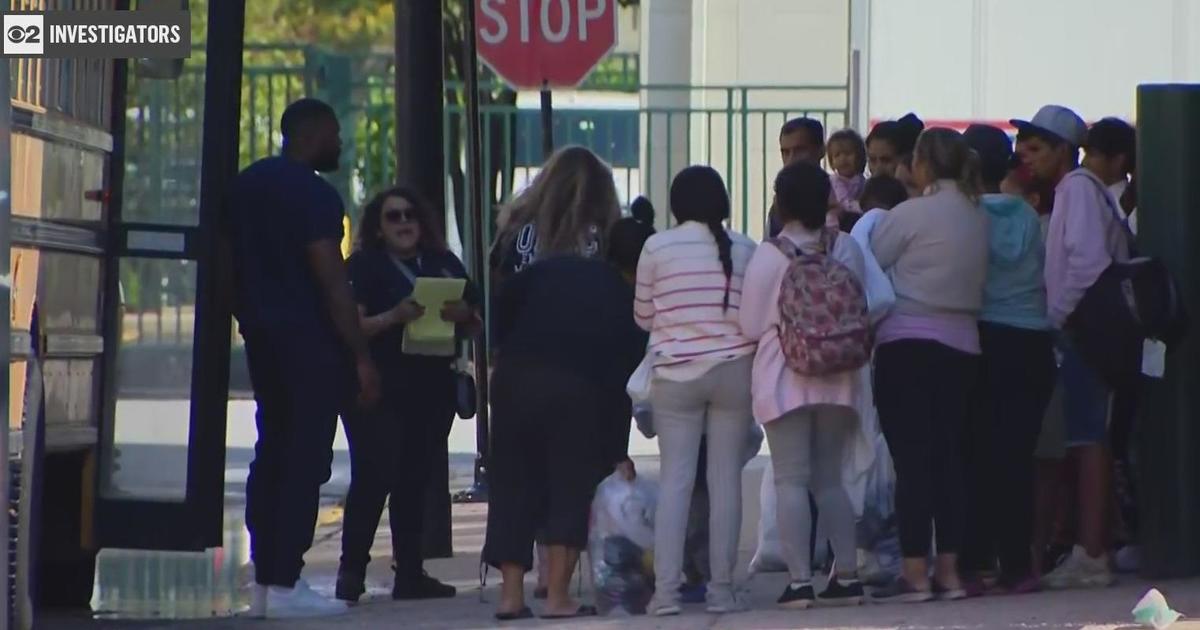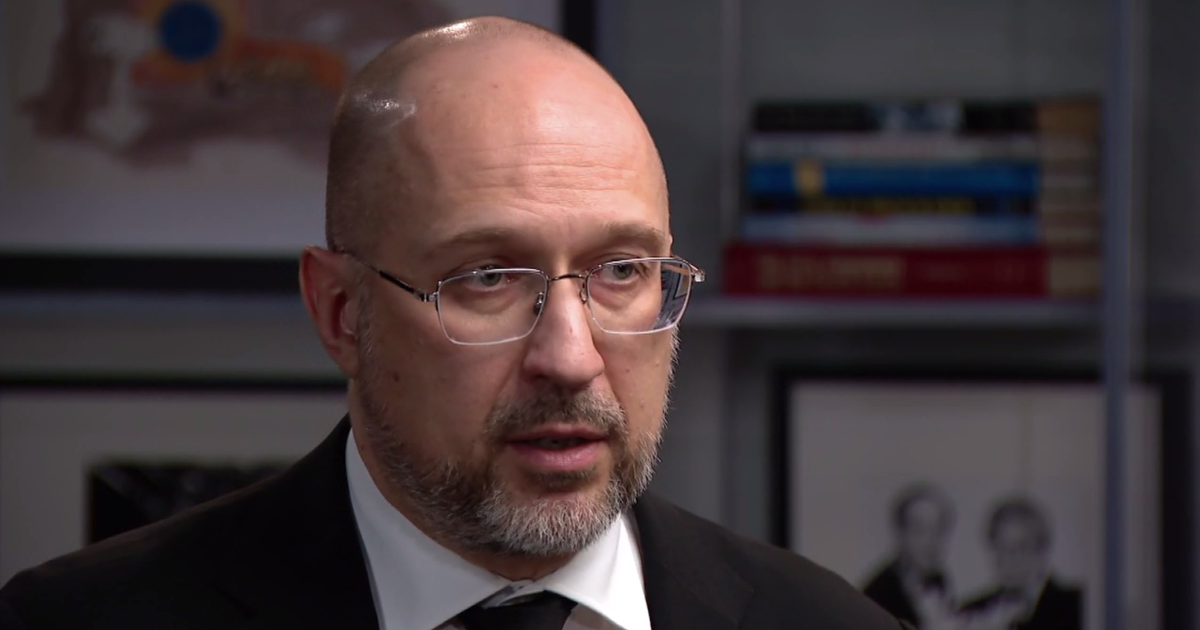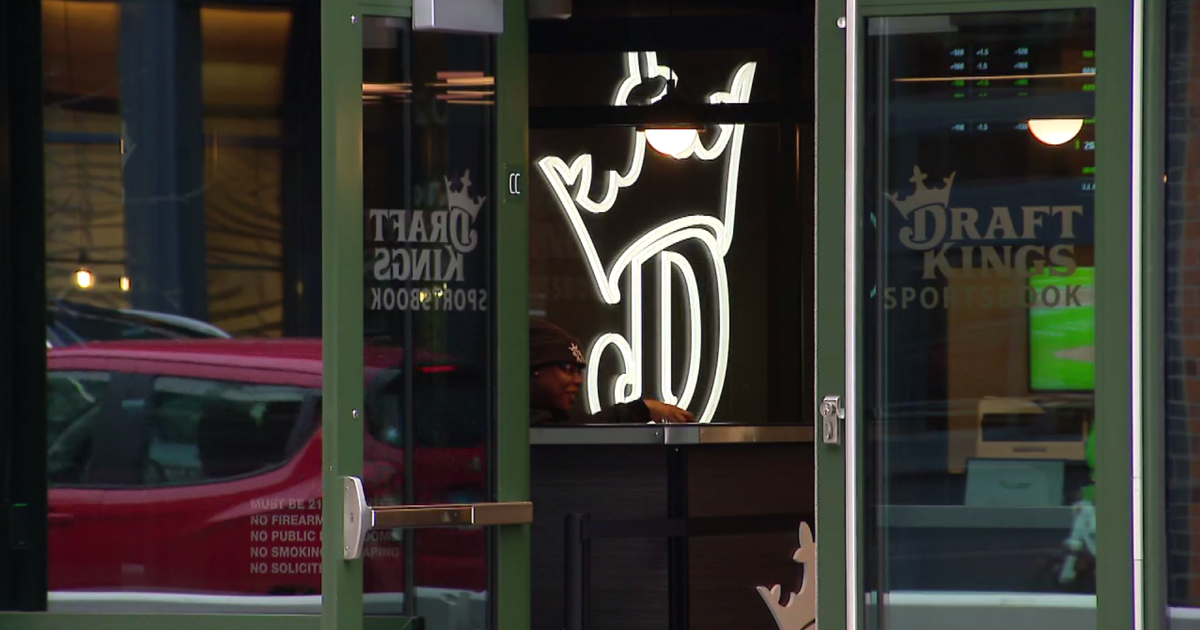19 Illinois counties sue major drugstore chains, accuse them of helping cause the opioid crisis
CHICAGO (CBS) -- A judge has ordered the nation's largest drugstore chains to pay two small Ohio counties over $600 million dollars for helping cause the opioid crisis.
Now, 19 Illinois counties – among them Cook, McHenry, and DuPage – are filing similar lawsuits.
As CBS 2's Chris Tye reported Monday, the Illinois counties are suing the drugstore chains for helping create what they call the worst man-made epidemic in modern medical history.
"When people had prescriptions presented to them for many, many times more opioids than anyone could reasonably use, they should have said no," said Lake County, Ohio Commissioner John Plecnik. "But it was just such a profitable business - and they did not say no."
Last week, U.S. District Judge Dan Polster in Cleveland ordered CVS, Walgreens, and Walmart to pay Lake County, Ohio - located on Lake Erie just east of Cleveland - and Trumbull County, Ohio just north of Youngstown, a total of $650 million in damages.
This week, we are learning 19 Illinois counties are making similar claims - against the big three as well as Kroger, Meijer, and Albertsons.
The lawsuit says, "The conduct of the manufacturers, distributors, and Chain Pharmacies… caused… Illinois to be awash in a flood of prescription opioids."
The suit adds in its claims: "These distributors and pharmacies acted without regard for the lives that would be trammeled in pursuit of profit," helping create "the worst man-made epidemic in modern medical history".
From 2006 until 2014, Illinoisians received over 3.1 billion doses of hydrocodone and oxycodone – 3,112,236,443 to be exact. That amounts to 242 doses for every man, woman, and child in the state.
"These were astronomical amounts of opioids being sold," Plecnik said. "There was no way that a responsible pharmacy would view this as being used for medical purposes."
In a statement to CBS 2, Deerfield-based Walgreens said:
"As we have said throughout this process, we never manufactured or marketed opioids, nor did we distribute them to the 'pill mills' and internet pharmacies that fueled this crisis. We will continue to defend ourselves against the unjustified attacks of plaintiffs' lawyers on the professionalism of our pharmacists, dedicated healthcare professionals who live and work in the communities they serve."
As for the huge sums of money being tossed around, the money is not going to individual victims - rather the communities hardest hit.
"Really, the first step is to be making sure there are enough beds in treatment centers; there are enough seats in treatment centers for everyone that needs them, but can't afford to pay," Plecnik said.
If Illinois gets dollars similar to what Ohio saw, Plecnik expects them to use the money in similar ways:
"We want other counties to get the resources they need to actually fund the treatment that's a direct result of this over-prescription," he said.
The Illinois suit claims the chain pharmacies failed to monitor and restrict distribution of opioids.
Walgreens says they are committed to being part of the solution.
The Illinois Department of Health reported over 21,000 opioid overdoses last year. Over 2,900 were fatal.




